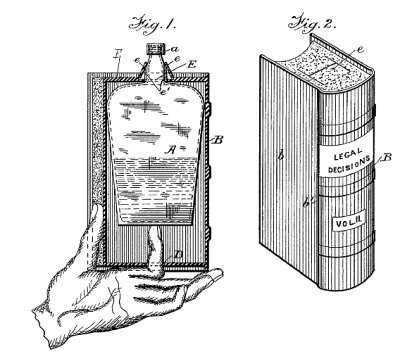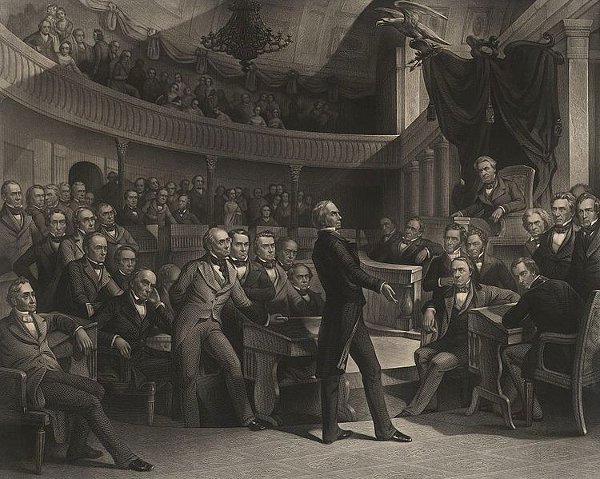In 1983, Jacob Henderson was convicted of burglarizing a Maaco paint shop in Jackson, Miss. He appealed on the ground that the indictment was illiterate:
The Grand Jurors for the State of Mississippi, … upon their oaths present: That Jacob Henderson … on the 15th day of May, A.D., 1982.
The store building there situated, the property of Metro Auto Painting, Inc., … in which store building was kept for sale or use valuable things, to-wit: goods, ware and merchandise unlawfully, feloniously and burglariously did break and enter, with intent the goods, wares and merchandise of said Metro Auto Painting then and there being in said store building unlawfully, feloniously and then and there being in said store building burglariously to take, steal and carry away; And
One (1) Polaroid Land Camera,
One (1) Realistic AM/FM Stereo Tuner
One (1) Westminster AM/FM radio
One (1) Metal Box and contents thereof,
… the property of the said Metro Auto Painting then and there being in said store building did then and there unlawfully, feloniously and burglariously take, steal and carry away the aforesaid property, he, the said Jacob Henderson, having been twice previously convicted of felonies, to-wit: … .
Henderson called an English teacher as an expert witness. She pointed out that the district attorney’s indictment doesn’t charge Henderson with any wrongdoing; instead it charges the merchandise itself with breaking into the paint store.
“This case presents the question whether the rules of English grammar are a part of the positive law of this state,” wrote Justice Robertson for the court. “If they are, Jacob Henderson’s burglary conviction must surely be reversed, for the indictment in which he has been charged would receive an ‘F’ from every English teacher in the land.”
“Though grammatically unintelligible, we find that the indictment is legally sufficient and affirm, knowing full well that our decision will receive of literate persons everywhere opprobrium as intense and widespread as it will be deserved.”





